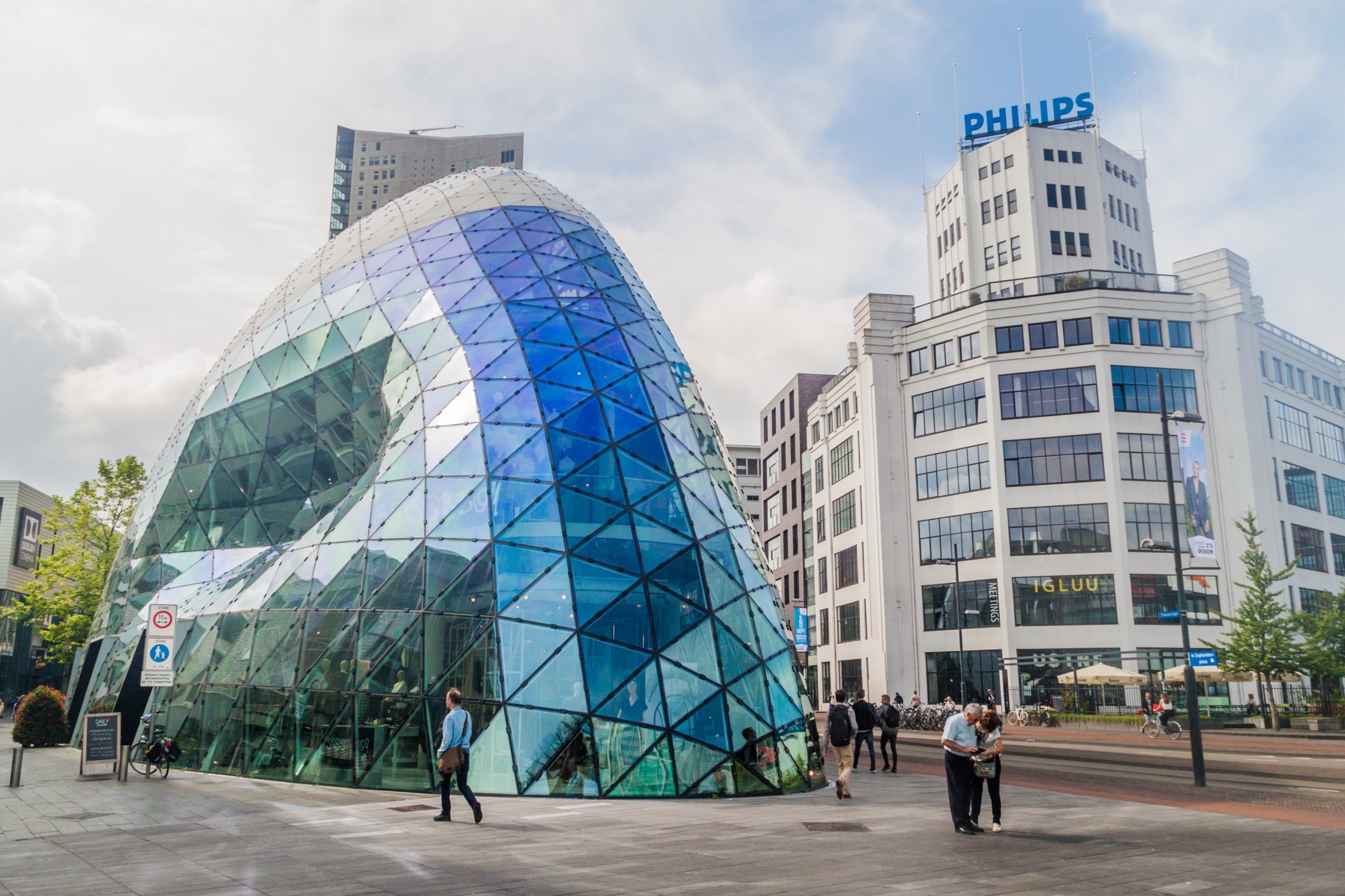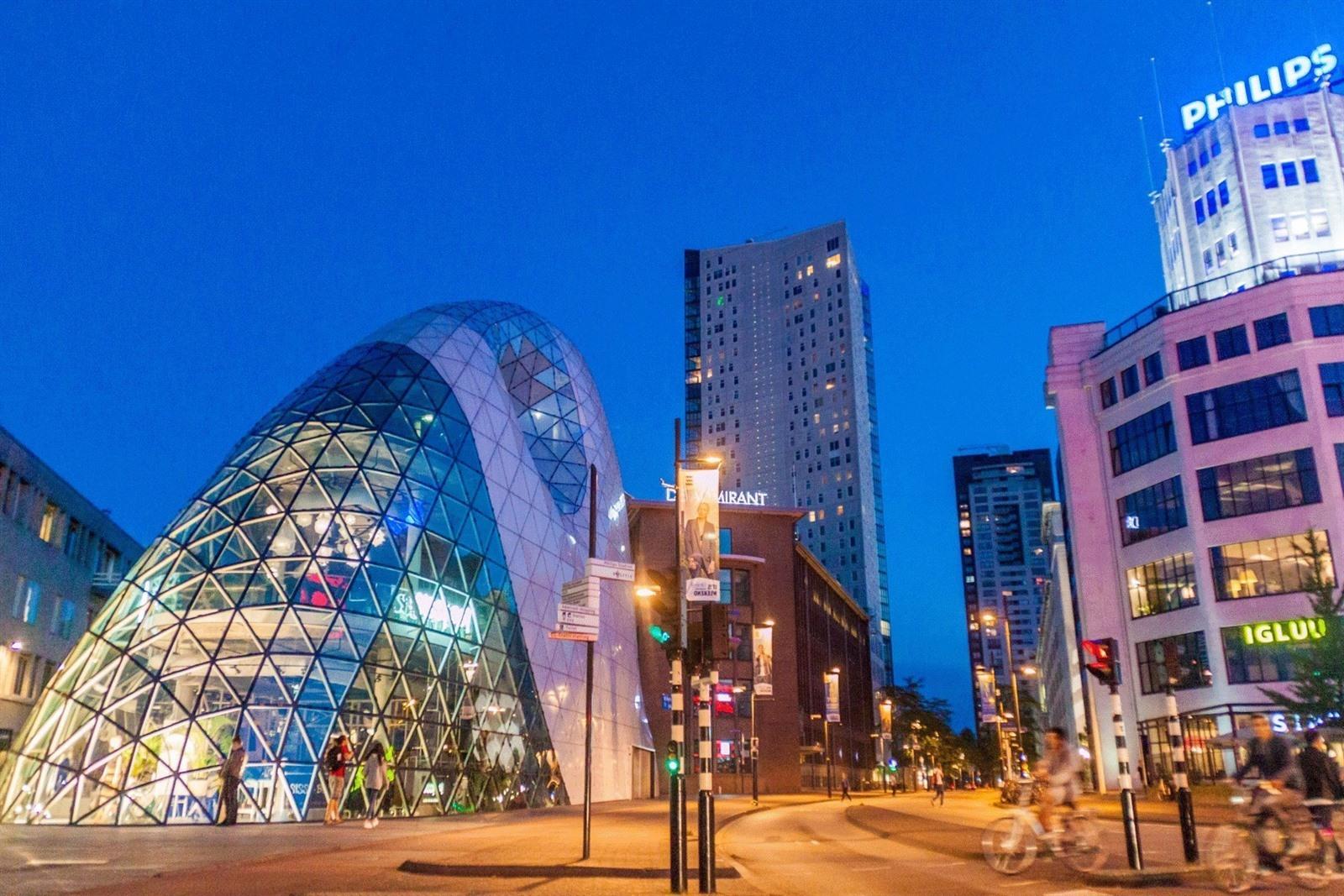The Evolution of Eindhoven's Industrial Landscape
Eindhoven, once a bustling industrial city, is undergoing a remarkable transformation. The city, known for its Philips factories, is now turning these old industrial sites into vibrant green spaces. This shift is not just about urban renewal but also about creating sustainable environments for its residents.
Strijp-S: A Model of Urban Regeneration

Strijp-S, a former Philips industrial complex, is a prime example of this transformation. Once a restricted area, it now hosts a mix of residential, commercial, and cultural spaces. The area is dotted with green roofs and community gardens, providing a stark contrast to its industrial past. The transformation of Strijp-S highlights how urban planning can integrate nature into city life.

The Role of Community Initiatives

Local communities have played a significant role in this green transition. Initiatives like the "Green Eindhoven" project encourage residents to participate in urban gardening and tree planting. These efforts not only enhance the city's aesthetics but also improve air quality and biodiversity.
Technological Innovations in Urban Greenery
Eindhoven is also leveraging technology to enhance its green spaces. Smart irrigation systems and energy-efficient lighting are being used to maintain these areas sustainably. The use of technology ensures that these green spaces are not only beautiful but also environmentally friendly.
Future Prospects for Eindhoven's Green Transformation
The success of projects like Strijp-S has inspired further developments across the city. Plans are underway to convert more industrial sites into green havens, making Eindhoven a leader in sustainable urban development. This ongoing transformation is a testament to the city's commitment to creating a healthier and more livable environment for its residents.










